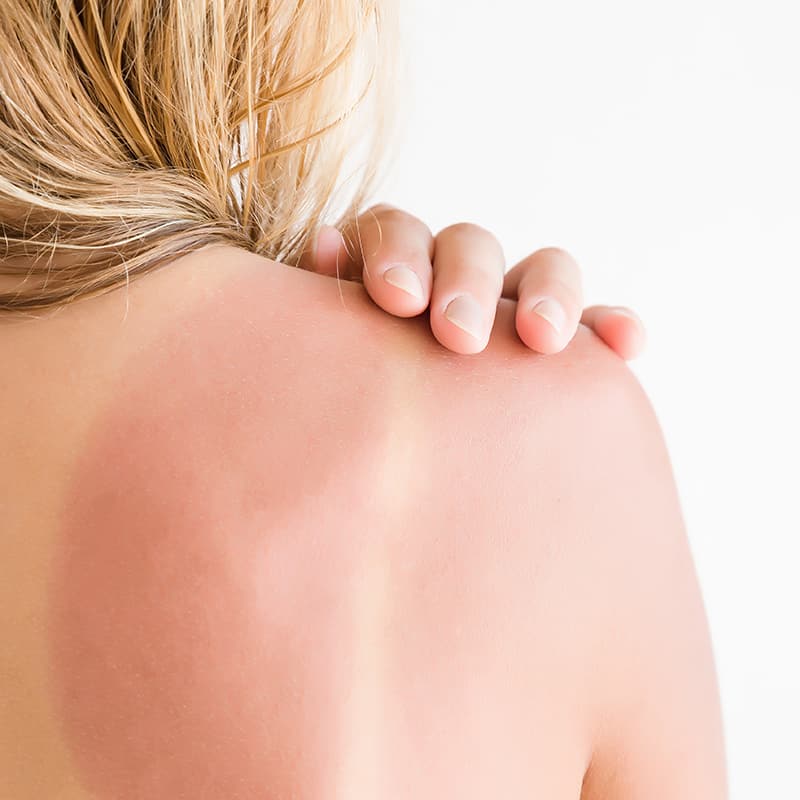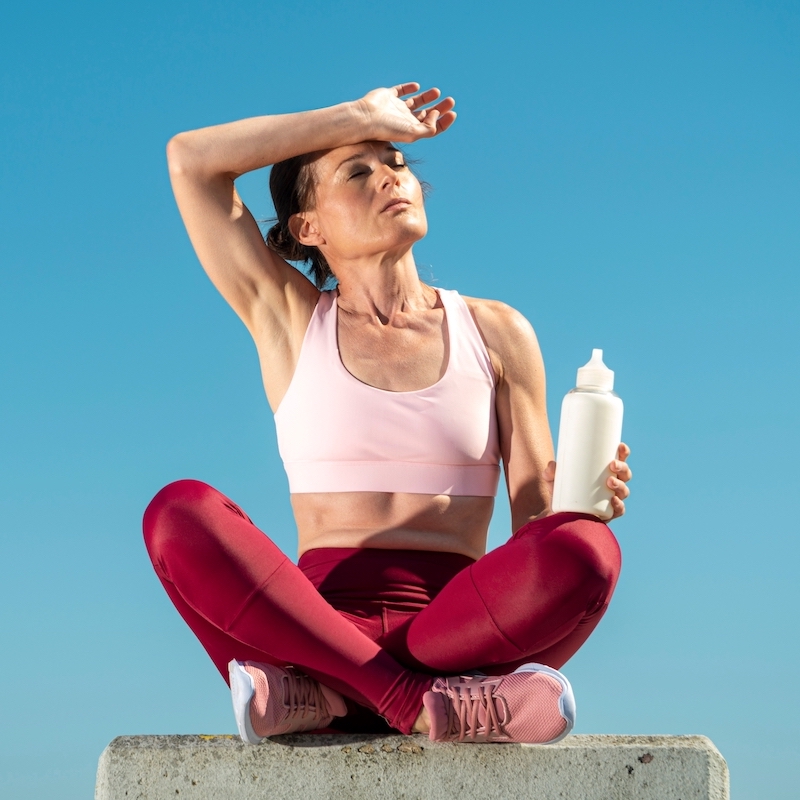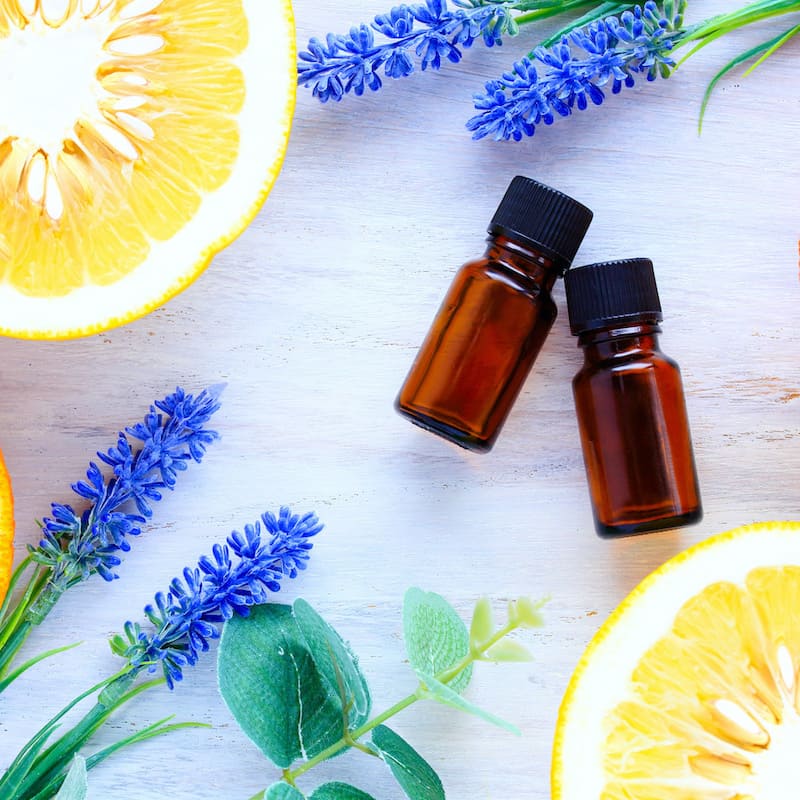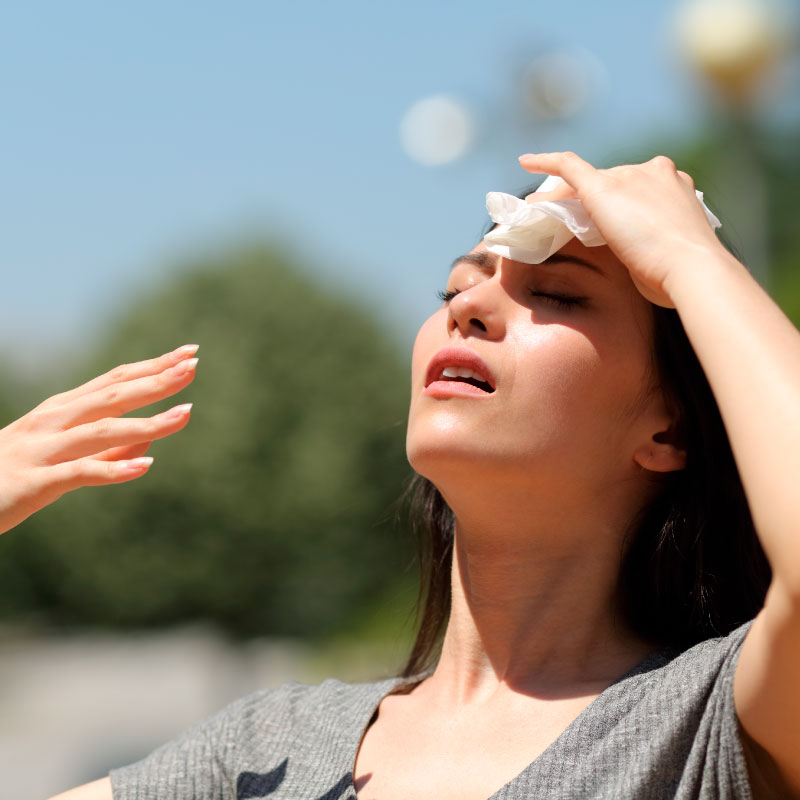This Dr. Axe content is medically reviewed or fact checked to ensure factually accurate information.
With strict editorial sourcing guidelines, we only link to academic research institutions, reputable media sites and, when research is available, medically peer-reviewed studies. Note that the numbers in parentheses (1, 2, etc.) are clickable links to these studies.
The information in our articles is NOT intended to replace a one-on-one relationship with a qualified health care professional and is not intended as medical advice.
This article is based on scientific evidence, written by experts and fact checked by our trained editorial staff. Note that the numbers in parentheses (1, 2, etc.) are clickable links to medically peer-reviewed studies.
Our team includes licensed nutritionists and dietitians, certified health education specialists, as well as certified strength and conditioning specialists, personal trainers and corrective exercise specialists. Our team aims to be not only thorough with its research, but also objective and unbiased.
The information in our articles is NOT intended to replace a one-on-one relationship with a qualified health care professional and is not intended as medical advice.
12 Neroli Oil Uses, Including for Pain, Inflammation and the Skin
April 17, 2022
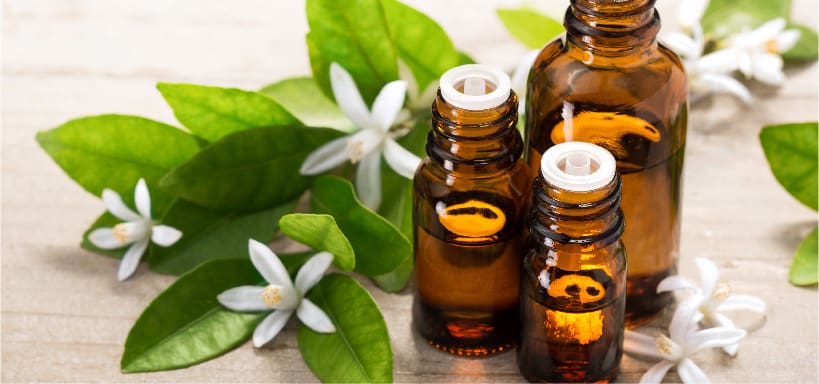
What precious botanical oil requires around 1,000 pounds of handpicked flowers to be produced? I’ll give you a hint — its fragrance can be described as a deep, intoxicating mix of citrus and floral aromas.
Its scent isn’t the only reason you’ll want to read on. This essential oil is excellent at soothing agitated nerves and is especially effective at relieving feelings of grief and despair. Plus, studies indicate that you can actually reduce your blood pressure and cortisol levels just by smelling this wondrous oil.
Give up? I’m talking about neroli essential oil, which comes straight from the flowers of an orange tree!
What Is Neroli Oil?
The interesting thing about the bitter orange tree (Citrus aurantium) is that it actually produces three distinctly different essential oils. The peel of the nearly ripe fruit yields bitter orange oil while the leaves are the source of petitgrain essential oil. Last but certainly not least, neroli essential oil is steam-distilled from the small, white, waxy flowers of the tree.
The bitter orange tree is native to eastern Africa and tropical Asia, but today it’s also grown throughout the Mediterranean region and in the states of Florida and California. The trees bloom heavily in May, and under optimal growing conditions, a large bitter orange tree can produce up to 60 pounds of fresh flowers.
Timing is crucial when it comes to creating neroli essential oil since the flowers quickly lose their oil after they’re plucked from the tree. To keep the quality and quantity of neroli essential oil at their highest, the orange blossom must be handpicked without being excessively handled or bruised.
Some of the major components of neroli essential oil include linalool (28.5 percent), linalyl acetate (19.6 percent), nerolidol (9.1 percent), E-farnesol (9.1 percent), α-terpineol (4.9 percent) and limonene (4.6 percent).
Health Benefits
1. Lowers Inflammation & Pain
Neroli has been shown to be an effective and therapeutic choice for the management of pain and inflammation. Results of one study in the Journal of Natural Medicines suggest that neroli possesses biologically active constituents that have the ability to reduce acute inflammation and chronic inflammation even more so. It was also found that neroli essential oil has the ability to reduce central and peripheral sensitivity to pain.
2. Reduces Stress & Improve Symptoms of Menopause
The effects of inhaling neroli essential oil on menopausal symptoms, stress and estrogen in postmenopausal women were investigated in a 2014 study. Sixty-three healthy postmenopausal women were randomized to inhale 0.1 percent or 0.5 percent neroli oil, or almond oil (control), for five minutes twice daily for five days in the Korea University School of Nursing study.
Compared with the control group, the two neroli oil groups showed significantly lower diastolic blood pressure as well as improvements in pulse rate, serum cortisol levels and estrogen concentrations. The findings indicate that inhalation of neroli essential oil helps relieve menopausal symptoms, increase sexual desire and reduce blood pressure in postmenopausal women.
In general, neroli essential oil can be an effective intervention to reduce stress and improve the endocrine system.
3. Decreases Blood Pressure & Cortisol Levels
A study published in Evidence-Based Complementary and Alternative Medicine investigated the effects of using essential oil inhalation on blood pressure and salivary cortisol levels in 83 prehypertensive and hypertensive subjects at regular intervals for 24 hours. The experimental group was asked to inhale an essential oil blend that included lavender, ylang-ylang, marjoram and neroli. Meanwhile, the placebo group was asked to inhale an artificial fragrance for 24, and the control group received no treatment.
What do you think researchers found? The group that smelled the essential oil mix including neroli had significantly decreased systolic and diastolic blood pressure compared with the placebo group and the control group after treatment. The experimental group also showed significant decreases in the concentration of salivary cortisol.
It was concluded that the inhalation of neroli essential oil can have immediate and continuous positive effects on blood pressure and stress reduction.
4. Exhibits Antimicrobial & Antioxidant Activities
The fragrant blossoms of the bitter orange tree don’t just produce an oil that smells amazing. Research shows that the chemical composition of neroli essential oil has both antimicrobial and antioxidant powers.
Antimicrobial activity was exhibited by neroli against six kinds of bacteria, two types of yeast and three different fungi in a study published in the Pakistan Journal of Biological Sciences. Neroli oil exhibited a marked antibacterial activity, especially against Pseudomonas aeruginosa. Neroli essential oil also exhibited a very strong antifungal activity compared with the standard antibiotic (nystatin).
5. Repairs & Rejuvenates Skin
If you’re looking to buy some essential oils to add to your beauty routine, you’ll definitely want to consider neroli essential oil. It’s known for its ability to regenerate the skin cells and improve the elasticity of skin. It also helps maintain the right oil balance in the skin, making it an excellent choice for all skin types.
Due to its ability to revive skin at the cellular level, neroli essential oil can be beneficial for wrinkles, scars and stretch marks. Any skin condition caused by or related to stress should also respond well to the use of neroli essential oil since it has wonderful overall healing and calming abilities. It can also be useful for treating bacterial skin conditions and rashes since it has antimicrobial ability (as mentioned above).
6. Acts as an Anti-seizure & Anticonvulsant Agent
Seizures involve changes in the brain’s electrical activity. This can cause dramatic, noticeable symptoms — or even no symptoms at all. The symptoms of a severe seizure are often widely recognized, including violent shaking and loss of control.
A recent 2014 study was designed to investigate the anticonvulsant effect of neroli. The study found that neroli possesses biologically active constituents that have anticonvulsant activity, which supports the use of the plant in the management of seizures.
Uses
Neroli essential oil can be purchased as a 100 percent pure essential oil, or it can be purchased at a lower price tag already diluted in jojoba oil or another carrier oil. Which should you buy ? It all depends on how you plan to use it and your budget.
Naturally, the pure essential oil smells stronger and therefore is a better choice for use in homemade perfumes, diffusers and aromatherapy. However, if you plan on using the oil mainly for your skin, then it’s not a bad idea to buy it blended with a carrier oil like jojoba oil.
Once you’ve purchased your neroli essential oil, here are some awesome ways to use it on a daily basis:
- Clear your head and reduce stress: Take a sniff of neroli essential oil while commuting to or from work. It’s sure to make rush hour a bit more bearable and your outlook a little brighter.
- Sweet dreams: Put a drop of the essential oil on a cotton ball and tuck it inside your pillowcase to help you relax into a great night’s slumber.
- Acne treatment: Since neroli essential oil has powerful antibacterial properties, it’s a great home remedy for acne to treat breakouts. Wet a cotton ball with water (to provide some dilution to the essential oil), and then add a few drops of neroli essential oil. Dab the cotton ball on the problem area gently once a day until the blemish clears up.
- Purify the air: Diffuse neroli essential oil in your home or office to clean the air and breathe in its anti-germ properties.
- Soak away stress: To naturally remedy anxiety, depression, hysteria, panic, shock and stress, use 3–4 drops of neroli essential oil in your next bath or foot bath.
- Alleviate headaches: Apply a few drops to a hot or cold compress to soothe a headache, especially one caused by tension.
- Lower blood pressure: By using neroli essential oil in a diffuser or just taking a few sniffs of it right out of the bottle, studies have shown blood pressure as well as cortisol levels can be lowered.
- Regenerate skin: Mix a drop or two of neroli essential oil with an application of an unscented face cream or oil (like jojoba or argan), and apply as normal.
- PMS relief: For a natural remedy for PMS cramps, mix a few drops of neroli into your bathwater.
- Natural antispasmodic: Use 2–3 drops in a diffuser or 4–5 drops in a blended massage oil and rub it over the lower abdomen to improve colon problems, diarrhea and nervous dyspepsia.
- Ease labor: Childbirth is certainly far from easy, but the essential oil of neroli can be used to help with fear and anxiety during labor. Diffuse it in the air, or include it in a massage oil for the lower back.
- Decrease stretch marks: Add a few drops of neroli essential oil to a cream, lotion or oil to reduce stretch marks and broken capillaries on the skin.
DIY Recipes
When it comes to using neroli essential oil in combination with other essential oils, it helps to know that neroli blends well with the following essential oils: chamomile, clary sage, coriander, frankincense, geranium, ginger, grapefruit, jasmine, juniper, lavender, lemon, mandarin, myrrh, orange, palmarosa, petitgrain, rose, sandalwood and ylang ylang.
Try this Homemade Deodorant Recipe using neroli as your essential oil of choice. Not only does this deodorant smell awesome, but you also avoid unhealthy and harsh ingredients commonly found in the majority of deodorants and antiperspirants. Plus, you’ll save yourself some money!
Want to smell neroli all day long? Try this two-ingredient, two-step recipe that only takes about two minutes to make for a neroli body and room spray.
Homemade Neroli Body & Room Spray
Total Time: 2 minutes
INGREDIENTS:
- 1/2 cup distilled water
- 25 drops neroli essential oil
DIRECTIONS:
- Mix oils and water in a spray mister bottle.
- Shake vigorously.
- Mist skin, clothing, bed sheets or the air.
Possible Side Effects
As always, you should never use neroli essential oil undiluted, in your eyes or in other mucus membranes. Do not take neroli essential oil internally unless you’re working with a qualified practitioner. As with all essential oils, keep neroli essential oil out of the reach of children.
Before applying neroli essential oil to your skin, always perform a small patch test to an insensitive part of the body (like your forearm) to make sure you don’t experience any negative reactions. Neroli is a nontoxic, non-sensitizing, nonirritant and non-phototoxic essential oil, but a patch test should always be performed to be on the safe side.
If you find that you fail the patch test and neroli irritates your skin, unfortunately you should discontinue use of neroli essential oill. If you do pass the patch test, then you can use neroli essential oil more widespread after diluting it with a carrier oil.






